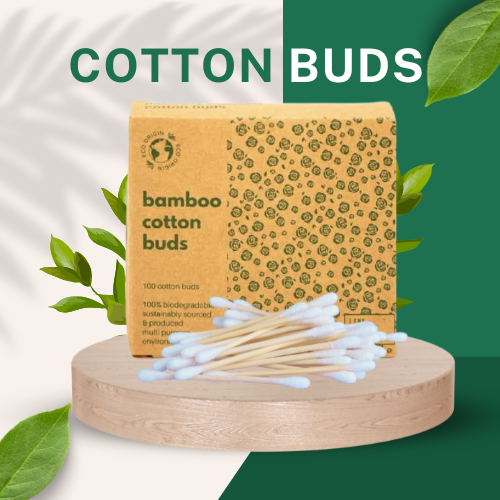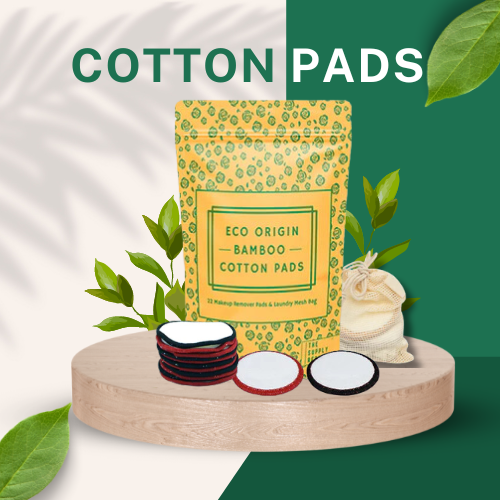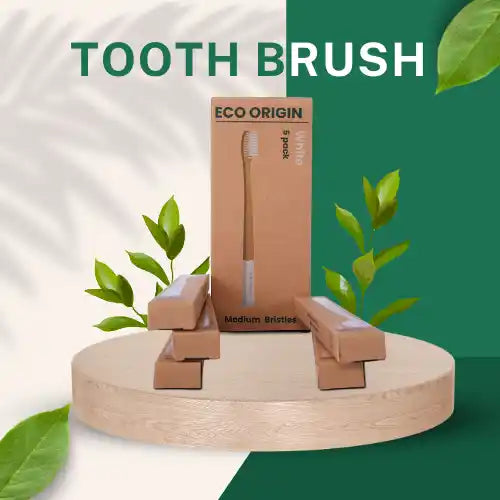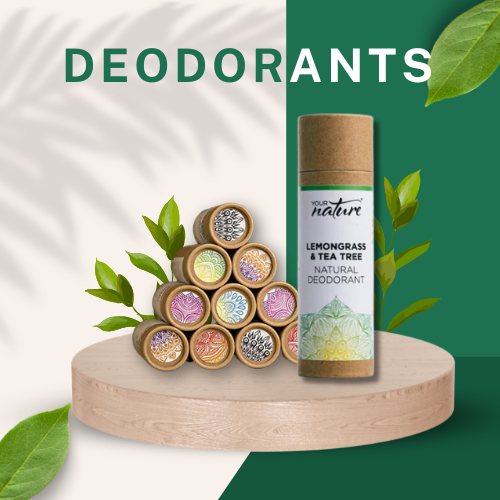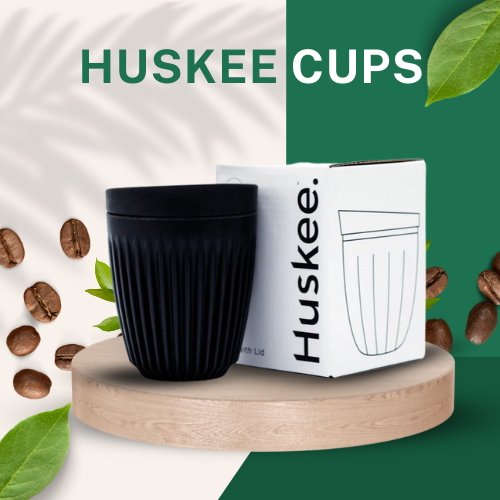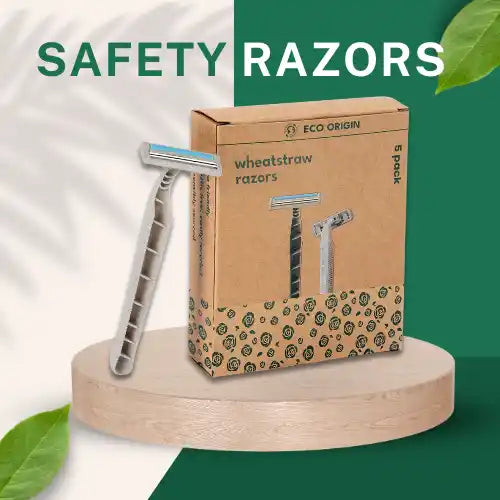Exploring the Sustainable Advantages of Bamboo Buds
Exploring the Sustainable Advantages of Bamboo Buds: A Green Alternative for Everyday Products
As we continue to search for sustainable alternatives to everyday products, bamboo buds emerge as a green and eco-friendly option. With its rapid growth and regenerative properties, bamboo proves to be a versatile and sustainable resource. In this article, we dive into the sustainable advantages of bamboo buds and explore their potential as an alternative for a wide range of products.
One of the key benefits of bamboo is its minimal environmental impact. As a fast-growing plant, bamboo requires fewer resources and produces more oxygen compared to traditional crops. Additionally, bamboo thrives without the need for harmful pesticides or fertilizers, making it a naturally organic choice.
But what sets bamboo buds apart is their strength and durability. Bamboo has a high tensile strength, meaning it can withstand heavy usage and resist bending or breaking. This makes it an ideal material for various products, from kitchen utensils to clothing and even construction materials.
Join us as we delve into the diverse applications of bamboo buds and discover how this green alternative can help us build a more sustainable future.
The Environmental Benefits of Bamboo Buds
Bamboo is renowned for its minimal environmental impact. Unlike traditional crops, bamboo requires fewer resources and produces more oxygen. Its fast growth rate allows it to be harvested in just a few years, making it an excellent choice for sustainable farming practices. Plus, bamboo has a unique ability to absorb large amounts of carbon dioxide, making it an effective tool in combating climate change. Additionally, bamboo grows without the need for harmful pesticides or fertilizers, making it a naturally organic choice.
Furthermore, bamboo has an extensive root system that helps prevent soil erosion. This root system also helps retain water, reducing the need for irrigation. By choosing bamboo buds over other materials, we can reduce our carbon footprint and contribute to a healthier planet.
Economic Advantages of Using Bamboo Buds
Apart from its environmental benefits, bamboo buds also offer significant economic advantages. Bamboo is a highly renewable resource, with some species capable of growing up to three feet in just 24 hours. This rapid growth allows for frequent harvesting, resulting in a more abundant and cost-effective supply. Additionally, bamboo requires minimal land and water resources, making it an ideal crop for regions with limited agricultural space or water scarcity.
Moreover, the versatility of bamboo makes it a valuable asset in various industries. Bamboo can be used to produce a wide range of products, from furniture and flooring to textiles and paper. Its versatility not only creates job opportunities but also fosters economic growth in bamboo-producing regions.
Bamboo Buds in Everyday Products: Examples and Applications
The applications of bamboo buds are vast, making it a suitable alternative for many everyday products. In the household, bamboo can be used to create kitchen utensils, such as cutting boards, spoons, and spatulas. The strength and durability of bamboo make it an excellent choice for these items, as it can withstand heavy usage without warping or breaking.
Bamboo buds are also gaining popularity in the fashion industry. As a sustainable alternative to traditional textiles, bamboo fibers can be woven into fabrics for clothing, bedding, and towels. The softness and breathability of bamboo fabric make it a comfortable choice for everyday use, while its moisture-wicking properties make it ideal for activewear.
Additionally, bamboo is becoming a go-to material for construction and architecture. Its strength and versatility make it suitable for flooring, wall panels, and even structural elements. Bamboo's natural beauty and durability make it an aesthetically pleasing and sustainable choice for builders and architects.
Comparing Bamboo Buds with Other Sustainable Materials
While bamboo buds offer numerous advantages, it's essential to compare them with other sustainable materials to understand their unique benefits. One common comparison is between bamboo and traditional hardwoods. Bamboo grows much faster than hardwood trees, allowing for a more sustainable and renewable supply. Additionally, bamboo can be harvest without killing the plant, making it a more environmentally friendly option.
Another comparison is between bamboo and synthetic materials like plastic. Bamboo is biodegradable and compostable, unlike plastic, which takes hundreds of years to decompose. Choosing bamboo buds over plastic products reduces waste and contributes to a Circular economy.
Challenges and Limitations of Using Bamboo Buds
Despite its many advantages, bamboo buds also face challenges and limitations. One challenge is the transportation of bamboo products. Bamboo is mainly grown in Asia, and shipping products to other parts of the world can increase carbon emissions. However, efforts are being create to establish local bamboo industries in different regions, reducing the need for long-distance transportation.
Another limitation is the lack of standardized certifications for bamboo products. Without clear labeling and certifications, it can be challenging for consumers to identify truly sustainable bamboo products. However, organizations like the Forest Stewardship Council (FSC) are working towards establishing guidelines for responsible bamboo sourcing and production.
How to Incorporate Bamboo Buds into Your Lifestyle
Incorporating bamboo buds into your lifestyle is easier than you might think. Start by replacing plastic kitchen utensils with bamboo alternatives. Bamboo cutting boards, utensils, and even bowls are widely available and offer a greener option for meal preparation. You can also switch to bamboo toothbrushes and cotton swabs, reducing your plastic waste in the bathroom.
When it comes to fashion, consider purchasing clothing made from bamboo fabric. Look for brands that prioritize sustainability and offer bamboo-based products. Bamboo socks, underwear, and activewear are not only comfortable but also eco-friendly choices.
Furthermore, consider incorporating bamboo-based furniture or flooring into your home. Bamboo furniture is not only stylish but also durable, making it a long-lasting investment. Bamboo flooring adds a touch of natural beauty to any space while reducing your environmental impact.
Future Prospects of Bamboo Buds in the Market
The future looks promising for bamboo buds in the market. As sustainability continues to gain traction, more consumers are seeking greener alternatives to everyday products. Bamboo's rapid growth, minimal environmental impact, and versatility make it an attractive choice for both consumers and businesses.
Moreover, technological advancements are expanding the potential applications of bamboo buds. Researchers are exploring ways to use bamboo in industries like energy production, packaging, and even medicine. With ongoing innovation and increased consumer demand, bamboo buds are poised to become an integral part of a sustainable future.


